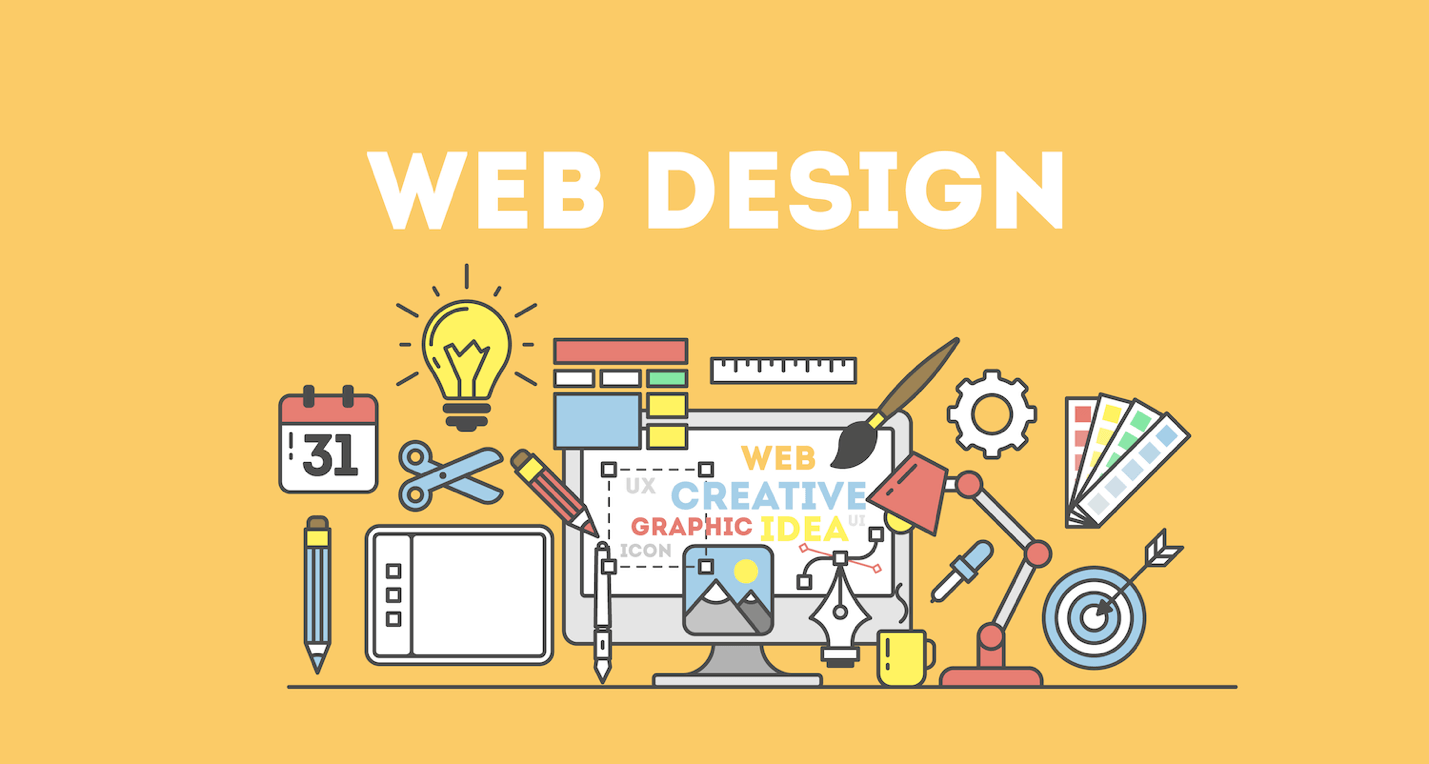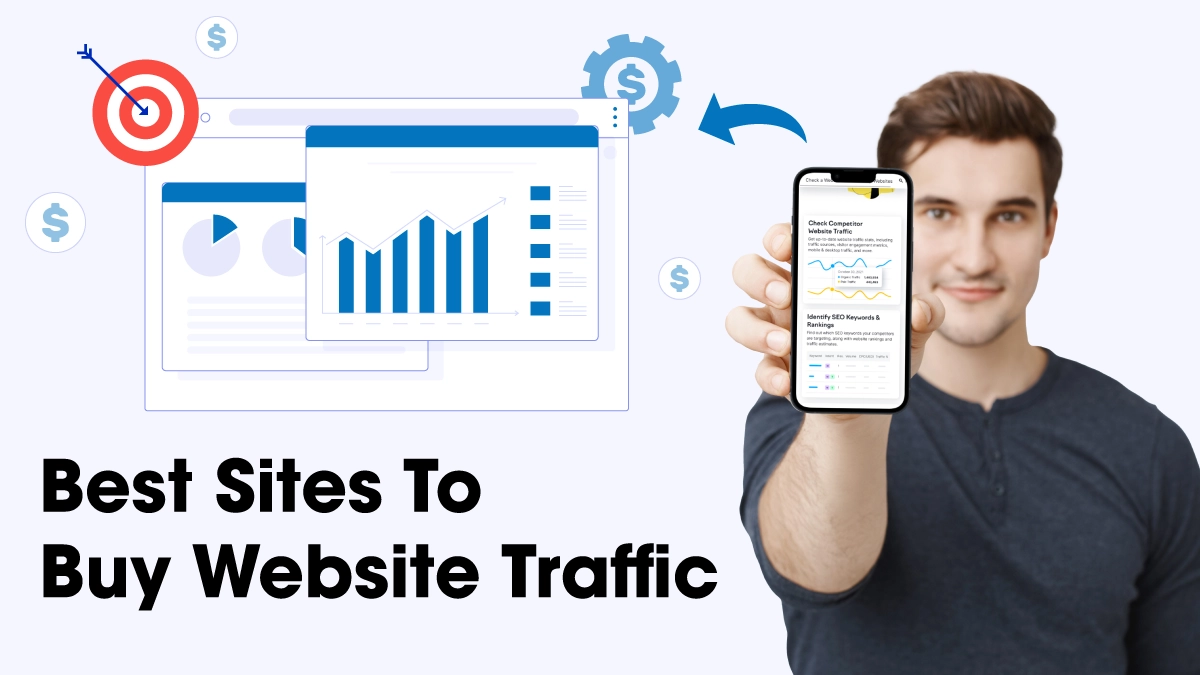Maximizing Impact: Cost-Effective Strategies for Web Design

In today’s digital age, having a strong online presence is crucial for businesses and individuals alike. A well-designed website not only attracts visitors but also serves as a powerful tool for conveying your message and promoting your brand. However, achieving an impactful web design doesn’t have to break the bank. In this article, we will explore cost-effective strategies to maximize the impact of your web design, ensuring a user-friendly experience that resonates with your audience.
Understanding the Importance of Web Design
Before delving into cost-effective strategies, let’s emphasize the significance of web design. Your website is often the first point of contact between you and potential customers or visitors. A visually appealing and functional design creates a positive first impression, instilling trust and credibility. Therefore, investing in effective web design is an investment in the success of your online presence.
Strategic Planning for Web Design
Define Your Goals and Audience
Before jumping into the design process, clearly define your goals and identify your target audience. Understanding the purpose of your website and the expectations of your audience will guide the design choices and help you create a more focused and impactful site.
Keyword Integration: Web Design Ieftin
For those seeking budget-friendly web design solutions, incorporating relevant keywords like “web design ieftin” can enhance your website’s visibility. This not only attracts cost-conscious clients but also improves your site’s search engine ranking.
Responsive Design for Accessibility
Prioritize Mobile Responsiveness
With the increasing use of mobile devices, having a mobile-responsive design is non-negotiable. Ensure that your website functions seamlessly on various screen sizes. This not only provides a better user experience but also positively influences search engine rankings.
Optimize Images and Multimedia
Optimizing images and multimedia elements is crucial for faster loading times. Compress images without compromising quality and use formats that are web-friendly. This not only enhances user experience but also contributes to better SEO.
User-Friendly Navigation and Layout
Simplify Navigation
A cluttered and confusing website can drive visitors away. Streamline your site’s navigation, making it easy for users to find information. Use clear menus, logical page structures, and intuitive navigation elements to enhance the overall user experience.
Focus on Readability
Choose fonts and font sizes that are easy to read. Ensure a good contrast between text and background colors. A visually appealing and readable website keeps visitors engaged and encourages them to explore further.
DIY Website Builders and Templates
Explore DIY Options
For those with budget constraints, consider using user-friendly website builders and templates. Platforms like Wix, WordPress, or Squarespace offer pre-designed templates that can be customized to meet your specific needs. This approach significantly reduces development costs while maintaining a professional look.
Customization for Brand Consistency
While using templates, don’t compromise on brand consistency. Customize the template to align with your brand colors, logo, and overall aesthetic. This ensures a unique and memorable online identity.
Regular Maintenance and Updates
Stay Current with Trends
Web design is an ever-evolving field, with trends and technologies constantly changing. Regularly update your website to stay current and provide visitors with a modern and relevant experience. This doesn’t necessarily require a complete overhaul but involves making incremental adjustments.
Monitor and Optimize Performance
Regularly monitor your website’s performance using analytics tools. Identify areas for improvement and optimize accordingly. This ongoing maintenance helps prevent issues and ensures your website continues to deliver a seamless experience.
Conclusion
In conclusion, achieving a cost-effective yet impactful web design involves strategic planning, responsive design, user-friendly navigation, and regular maintenance. By incorporating these strategies and embracing DIY options, businesses and individuals can enhance their online presence without breaking the bank. Remember, a well-designed website is an investment that pays off in the form of increased traffic, engagement, and ultimately, success in the digital landscape.







